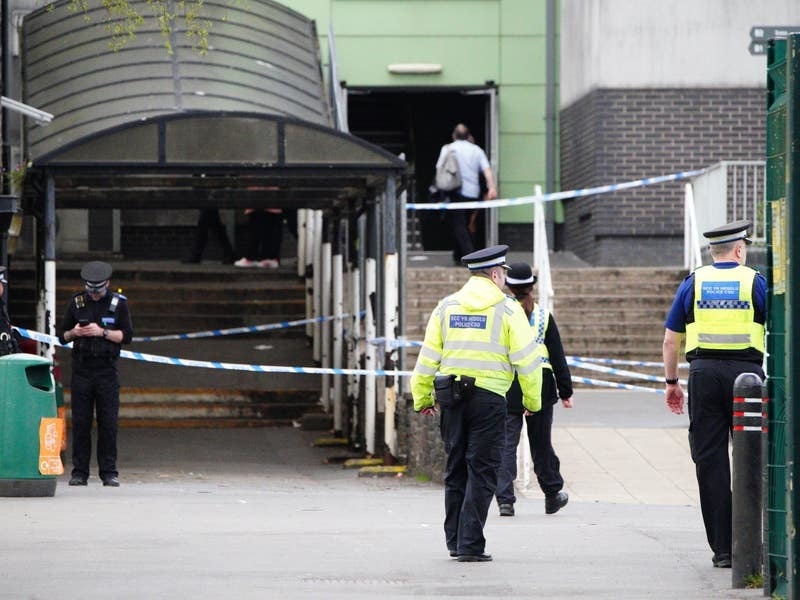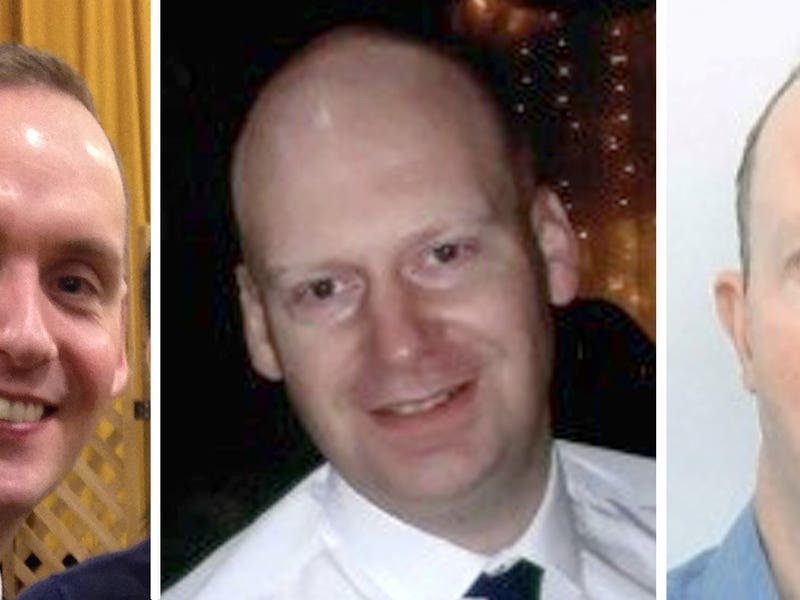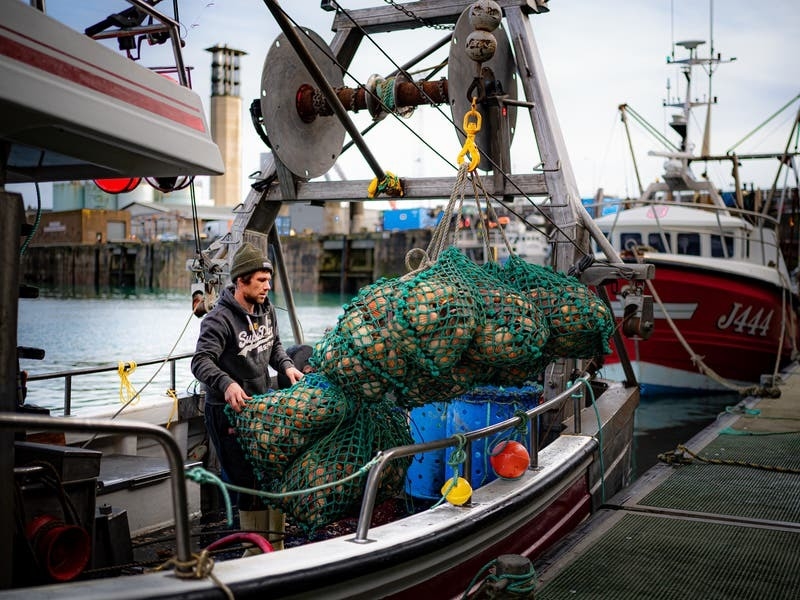Ministers have defended the Metropolitan Police operation at the King’s coronation after Scotland Yard expressed “regret” over the arrests of six anti-monarchy protesters.
It comes as Republic chief executive Graham Smith said a chief inspector and two other Met officers personally apologised to him over what he called a “disgraceful episode”.
Health minister Neil O’Brien said officers “did a pretty good job”.
The Met issued a lengthy defence as it confirmed Mr Smith and five others have been told they face no further action after being stopped at 6.40am on Saturday.
Officers arrested the group using new powers under the much-criticised Public Order Act because they believed items found alongside a large number of placards could have been used as “lock-on devices” to cause disruption, the force said.
“This evening, all six have had their bail cancelled and no further action will be taken.
“We regret that those six people arrested were unable to join the wider group of protesters in Trafalgar Square and elsewhere on the procession route.”
Mr O’Brien, who toured broadcast studios on Tuesday morning, offered a robust defence of the need for the Public Order Act as he praised the Met’s efforts over the weekend.
“In general, I think the police did a pretty good job over the weekend. The whole thing passed off smoothly,” he told Sky News.
“It’s not for me to second guess every single decision the police make. It is a difficult thing. You’re in a huge crowd.
Later, Mr O’Brien told BBC Breakfast if the Met is “apologising for some of the things that they’ve not got right, they’re quite right to do so” but said the entire event was managed “very, very well”.
Prime Minister Rishi Sunak on Monday backed the Met, while London Mayor Sadiq Khan requested “further clarity” from Scotland Yard, saying the right to peaceful protest is an integral part of democracy.
Tory MP David Davis re-iterated his concerns about the new legislation, as he suggested the Commons Home Affairs Committee could consider the matter.
“The whole law is defined really very broadly. It’s also true for the stop and search powers as well. There are a whole series of elements of law, which are just too broadly defined,” he told BBC Radio 4’s Today programme.
“What the law and what the Government said was, ‘Well, we expect the police forces to come up with a standards of behaviour…’ That’s very woolly.”






